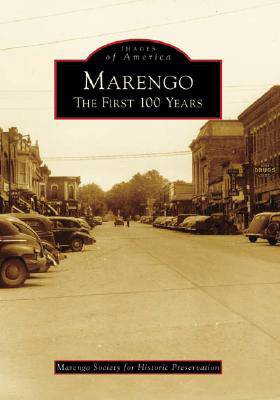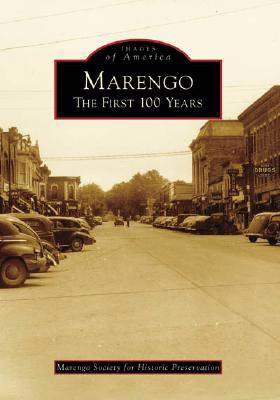
- Afhalen na 1 uur in een winkel met voorraad
- Gratis thuislevering in België vanaf € 30
- Ruim aanbod met 7 miljoen producten
- Afhalen na 1 uur in een winkel met voorraad
- Gratis thuislevering in België vanaf € 30
- Ruim aanbod met 7 miljoen producten
Zoeken
€ 34,95
+ 69 punten
Omschrijving
Imagine a landscape alternating between groves of majestic hardwood and vast prairies. Filled with lush grasses, native plants, and sweet, clear streams and abundant with wildlife, it is a gracious land filled with promise. In the distance, smoke rises above a Native American village along one of the many trails in the area. A gathering of 10 to 15 wigwams is situated near a dancing ground and round council house in the area that would come to be known as Coral. So it had to be for the early settlers--Richard Tompkins, the Spencers, and the Brayton, Sponable, Blakesley, Belden, Tower, Bache, and Dunham men--who were the first to arrive in the fall of 1835. From these environs, these men continued toward the nearby valley that would become Marengo. While the majority staked their claims a short distance from the present-day intersection of Routes 20 and 23, it was Calvin Spencer, officially recognized as the city's founder, who built his cabin on the ground that was initially called Pleasant Grove, then Marengo.
Specificaties
Betrokkenen
- Auteur(s):
- Uitgeverij:
Inhoud
- Aantal bladzijden:
- 128
- Taal:
- Engels
- Reeks:
Eigenschappen
- Productcode (EAN):
- 9780738550855
- Verschijningsdatum:
- 1/10/2007
- Uitvoering:
- Paperback
- Formaat:
- Trade paperback (VS)
- Afmetingen:
- 166 mm x 234 mm
- Gewicht:
- 322 g

Alleen bij Standaard Boekhandel
+ 69 punten op je klantenkaart van Standaard Boekhandel
Beoordelingen
We publiceren alleen reviews die voldoen aan de voorwaarden voor reviews. Bekijk onze voorwaarden voor reviews.








